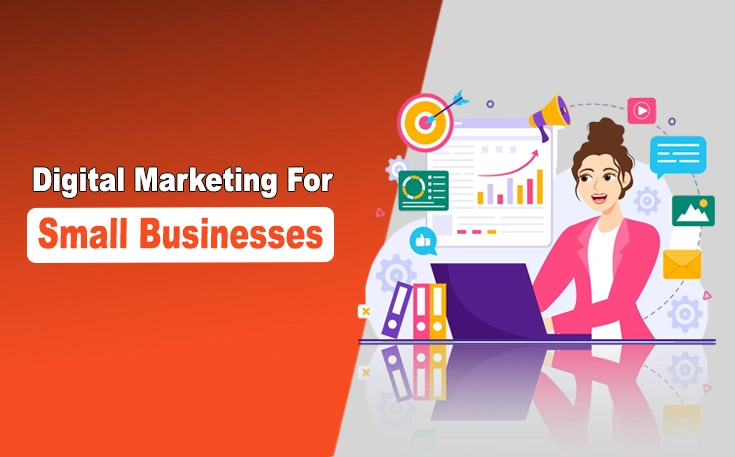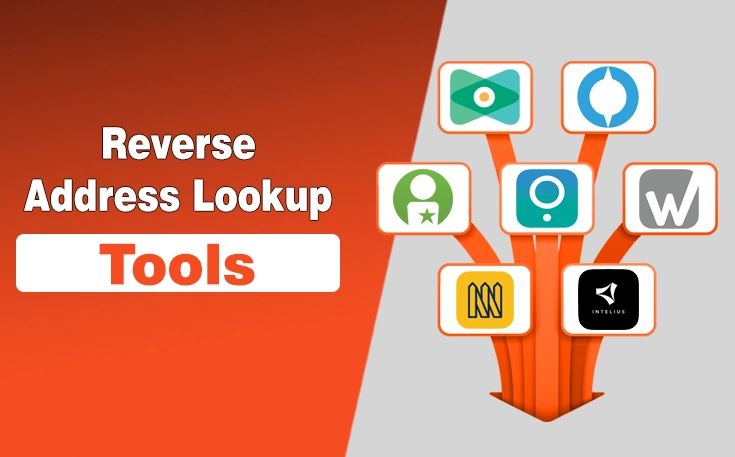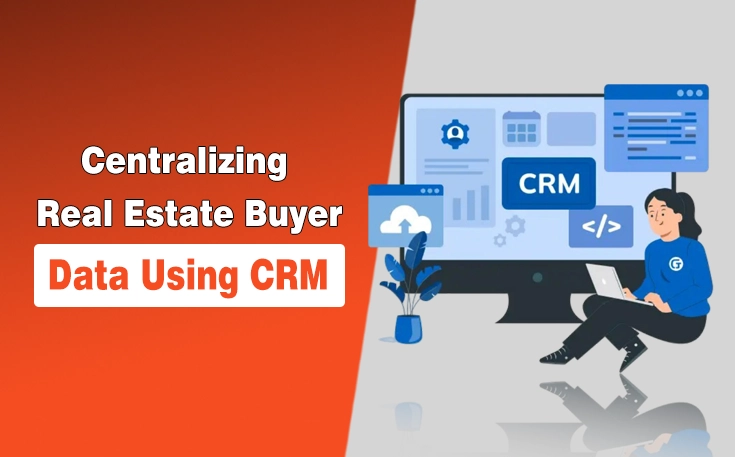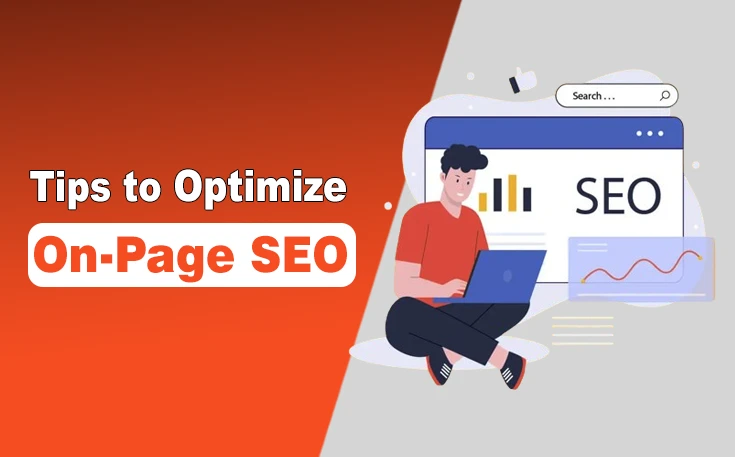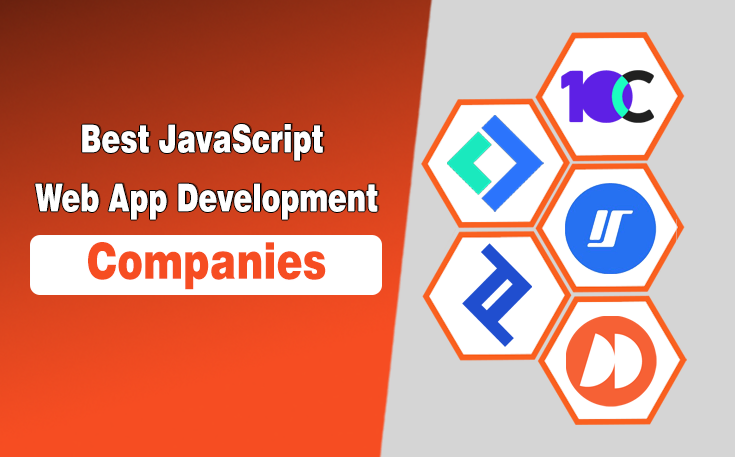Are you planning to start and grow a small business or startup in today’s fast-moving world? Well, it is not easy. I have seen many passionate entrepreneurs pour their heart into their business only to struggle getting noticed. That’s where digital marketing comes in.
It is not just a buzzword anymore. It’s your lifeline to reach the right people, build your brand, and compete with the big players.
In this guide, I will provide you with complete insights on how digital marketing helps small businesses and startups grow smarter, faster, and more affordably.
Why Small Businesses Should Care About Digital Marketing?
As a small business owner or someone running a startup, you’re often juggling a lot with limited time, tight budgets, and a need to get noticed quickly. That’s exactly why digital marketing makes so much sense.
It gives you the power to reach your target audience without needing millions in the bank or a huge team behind you. Digital marketing is measurable, flexible, and scalable.
3 things every small business needs to grow:
- It Levels the Playing Field: Gone are the days when only big brands could afford to market on a large scale. With digital marketing, you can run targeted campaigns, reach specific audiences, and analyze results in real-time – all without breaking the bank.
- It is Measurable and Data-Driven: What I love about digital marketing is that you are never guessing. You can see which Google ads are working, how people are engaging, and which pages are converting. When you understand this data, it helps you refine strategies over time and get better results with less waste.
- Your Audience Is Already Online: Whether someone is looking for a coffee shop or a business coach, they are starting their search online. If you are not showing up, you are invisible. A strong digital presence means your business is where your customers already are.
Key Digital Marketing Strategies for Small Businesses and Startups
Digital marketing for startups is not just one thing. It is a combination of strategies, each designed to connect with your audience in different ways. Here is how you can approach the most important digital marketing strategies for small businesses and startups.
1. Search Engine Optimization (SEO)
White Hat SEO is about making your website easy to find when someone types a query into Google. It includes optimizing your content, structure, and speed to rank higher in search results. You should always start with SEO because organic search brings long-term, free traffic when done right.
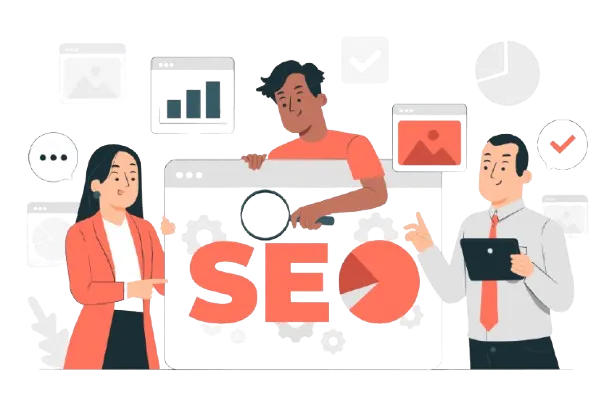
2. Content Marketing
I believe good content builds trust. Blog posts, guides, videos – they show your expertise and help your audience solve real problems. Content marketing also fuels your SEO and social media, which makes it a foundational piece of your strategy.
3. Social Media Marketing
Social media marketing can help you grow your followers digitally. You don’t need to be on every platform, but you do need to be where your audience hangs out. Facebook and Instagram are quite beneficial for small businesses.
Pro Tip: The B2B startups should focus on LinkedIn as it can be a goldmine for them.
4. Email Marketing
I would advise you not to underestimate the power of email marketing. When you send newsletters, product updates, and personalized offers in your emails, you can keep yourself at the top-of-mind and build relationships with your audience
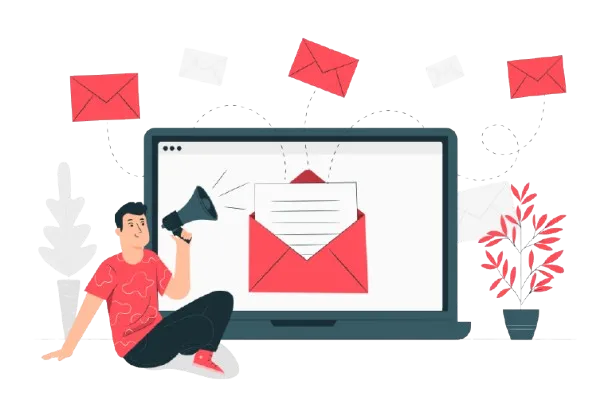
5. Pay Per Click Advertising (PPC)
If you want quick visibility, PPC is a great option. You can use the potential of platforms like Google Ads or Facebook Ads to target the exact audience you want to grow. I recommend that you should start with a small budget and test what works before scaling up.
6. Influencer Marketing
Especially for startups, influencer marketing is the most accessible way to reach a larger audience. When you partner with influencers or affiliate marketers, it can give you an instant boost in trust and reach. But you have to ensure that the influencer is related to your niche.
Pro Tip: Collaborate with micro-influencers who have highly engaged communities rather than focusing on follower count alone.
Benefits of Digital Marketing for Small Businesses
Before getting into specific benefits, let me just say this – digital marketing is not just helpful; it is necessary. Every small business I have worked with that embraced it saw measurable improvements in visibility, leads, and sales.
Let’s explore the major advantages.
1. Cost-Effective and High ROI
Traditional marketing is expensive. Print ads, billboards, TV – they cost a fortune and don’t always deliver results. With digital marketing, you can spend as little or as much as you want and often see better returns for less investment.
2. Real-Time Results and Adjustments
One of the biggest reasons you can rely on digital marketing is the ability to see results instantly. If an ad isn’t performing, you can pause it. If a blog post is doing well, you can repurpose it. This agility is a game-changer.
3. Hyper Targeted Reach
Rather than shouting into a crowd, digital marketing lets me whisper directly into the ears of people who actually care. You can target based on location, interests, behavior, and even purchase history. That kind of precision just isn’t possible offline.
4. Increased Brand Awareness
The more people see your name, logo, and message, the more familiar and trustworthy you become. I’ve found that consistent digital marketing dramatically increases brand recall, which leads to more conversions over time.
5. Better Engagement with Customers
Unlike traditional ads, digital platforms allow for two-way communication. You can answer questions, get feedback, and build community through comments, DMs, and emails. This interaction builds trust and loyalty.
How Startups Can Use Digital Marketing to Grow Quickly?
Startups live and die by how fast they can grow and adapt. Digital marketing is the perfect growth tool for this environment. Let me show you how you should approach it if you are starting a new business today.
- Build Your Online Identity Early: The first thing you should do is create a clean, mobile-friendly website and secure consistent branding across platforms. Your digital presence is your storefront. Even if you are not selling online, people are checking you out online first.
- Test and Learn with Paid Ads: When you need quick traffic or want to validate an idea, you can use paid ads. Facebook and Google give instant access to your audience. Start small, test headlines, images, and offers, and then invest more in what’s working.
- Create Shareable Content: I’ve seen startups explode by creating a single viral post or helpful guide. Invest time in valuable content that your audience will want to share. Infographics, “how-to” posts, and videos work especially well.
- Focus on Email List Building: Email lists are gold. They belong to you, unlike social media followers. I always recommend offering a freebie or discount to encourage sign-ups and then using email to nurture those leads consistently.
- Collaborate for Reach: If you’re new and don’t have an audience yet, borrow one. Partner with influencers, blogs, or even other small businesses. Cross-promotion is a powerful way to grow quickly without huge budgets.
Tips for Getting Started with Digital Marketing
If you’re feeling overwhelmed, you’re not alone. I’ve been there too when I planned to launch WebTech Solution. But the key is to start small, focus on the basics, and build gradually.
Here’s how you can begin your digital marketing journey without burning out. I am providing some basic steps here.
- Define Your Audience: Who are you trying to reach? I always create a customer avatar – age, location, needs, pain points. The more specific you are, the easier it is to create content and ads that actually resonate.
- Set Clear Goals: Are you trying to drive traffic? Build your email list? Get sales? Without a goal, you’ll end up wasting time and money. I make sure every campaign has a clear objective and a way to measure success.
- Start with One Platform: Don’t try to do everything at once. Choose one channel – maybe Instagram, maybe a blog – and focus there. Once you’ve mastered it, then expand.
- Track Everything: Use tools like Google Analytics, Facebook Insights, and email open rates to understand what’s working. I make it a habit to review data weekly and adjust based on performance.
- Stay Consistent: Digital marketing rewards consistency. You don’t have to post daily, but you do need a schedule. I batch-create content and schedule it in advance so I’m not always scrambling.
Now, I Want You to Know That
Digital marketing for small businesses is not a magic bullet, but it is the smartest way for startups to compete, connect, and grow. I’ve seen even the smallest teams build loyal audiences and hit big milestones just by showing up consistently and learning from the data.
You don’t need to do everything at once. Start with a clear goal, focus on one or two strategies, and build from there. Every click, every post, every email adds up. And before you know it, your small business won’t feel so small anymore.
Need custom app with amazing features?
Get a Quote
